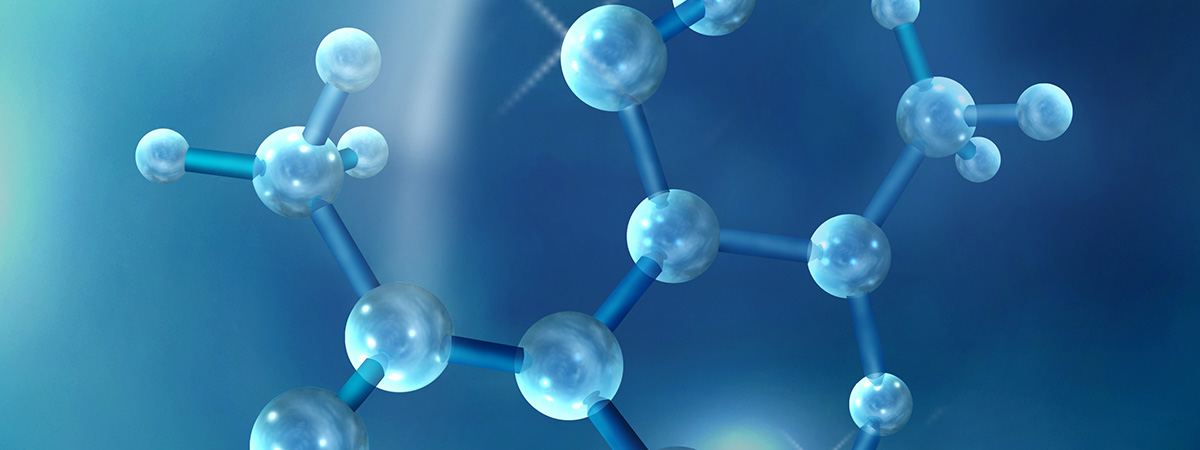Laboratory of Neurochemistry
The Laboratory of Neurochemistry conducts research on the molecular mechanisms underlying the pathogenesis of psychiatric disorders, as well as search for new therapeutic targets by a translational approach, which connects basic and clinical research. Some of the techniques used are Flow Cytometry, Oxygen consumption of cells or tissue, Enzyme assays and immunochemistry, Protein analysis by western blot, Multiplex analysis of biomolecules by Bio-Plex system and Immunoassay.
Our research includes:
- Investigation of biomarkers across psychiatric disease. This project investigates biomarkers in psychiatric disease, particularly bipolar disorder, major depression disorder and schizophrenia.
- Epigenetic mechanisms in mood disorders. Our researchers are studying the epigenetic basis of bipolar disorder and major depressive disorder with a main focus on the role of DNA methylation. These mechanisms mediate the interaction between one’s genetic background and environmental experiences, and might play a key role on the transmission of behavioral traits across generations. Specifically, we have recently identified that epigenetic mechanisms regulate the response to stress in adolescents at high risk for bipolar disorder, indicating that DNA methylation might be a target for illness prevention in vulnerable individuals.
- Role of mitochondrial dysfunction in mood disorders. The major aim of this research is to examine the exact mechanisms underlying the mitochondrial dysfunction and its contribution to brain changes and cognitive impairment in mood disorders, as well as search of new therapeutic strategies by mitochondrial modulation.
- Relationship between stress and immune activation in the development of depression – an early maternal care deprivation model. We aim to test the hypothesis that an early-life stressful event, such as the maternal care deprivation, causes a pro-inflammatory status that may influence the response to inflammatory challenges during infant and adult life, further contributing to behavioral alterations in adult life.
- Understanding of the molecular events that contribute to microglial activation using antipsychotic drugs to understand the molecular events that contributes to the microglial activation on bipolar, antipsychotic, NMDA receptor antagonist, antidepressant, KYN pathway inhibitor drugs.
